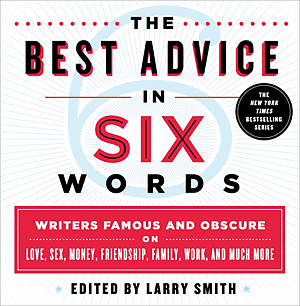Quentin Tarantino turns 50 today. I’m optimistically suspecting his fifties will prove to be his prime.
If asked to pick my favorite of his scenes so far, the first thing that comes to mind is this one from Kill Bill 2. “The Bride” Beatrix has just shown up to (ahem) kill Bill, only to find him preparing a midnight snack for their young daughter. Beatrix didn’t realize her little girl was at the house, and is now forced to patiently wait for the daughter to go back to sleep before whipping out her sword and commencing with the execution. And Bill knows it.
Along with the opening scenes in Pulp Fiction, this scene’s probably my favorite example of Tarantino’s mastery of dialogue. If you’d never seen the film, and examined only the dialogue on paper, you’d have no idea what the scene was really about. But because we’re informed of Beatrix’s intentions, the otherwise bland scene becomes a thing of magic. Especially with the bonus subtext concerning life and death.
Conversely, if the dialogue simply had the characters discussing the bloody duel that was to follow once the kid went back to sleep, it would lose all its tension.
This all reminds me of how Alfred Hitchcock describes the difference between surprise and suspense, using the “bomb under the table” example:
Let’s suppose that there is a bomb underneath this table between us. Nothing happens, and then all of a sudden, “Boom!” There is an explosion. The public is surprised, but prior to this surprise, it has seen an absolutely ordinary scene, of no special consequence. Now, let us take a suspense situation. The bomb is underneath the table and the public knows it, probably because they have seen the anarchist place it there. The public is aware the bomb is going to explode at one o’clock and there is a clock in the decor. The public can see that it is a quarter to one. In these conditions, the same innocuous conversation becomes fascinating because the public is participating in the scene. The audience is longing to warn the characters on the screen: “You shouldn’t be talking about such trivial matters. There is a bomb beneath you and it is about to explode!”
In the first case we have given the public fifteen seconds of surprise at the moment of the explosion. In the second we have provided them with fifteen minutes of suspense. The conclusion is that whenever possible the public must be informed. Except when the surprise is a twist, that is, when the unexpected ending is, in itself, the highlight of the story.
The Master of Suspense, indeed.
“Always make the audience suffer as much as possible.”
— Alfred Hitchcock
PS: If you haven’t seen Django Unchained yet, do so. The dining room scene is off the hook.












Comments on this entry are closed.